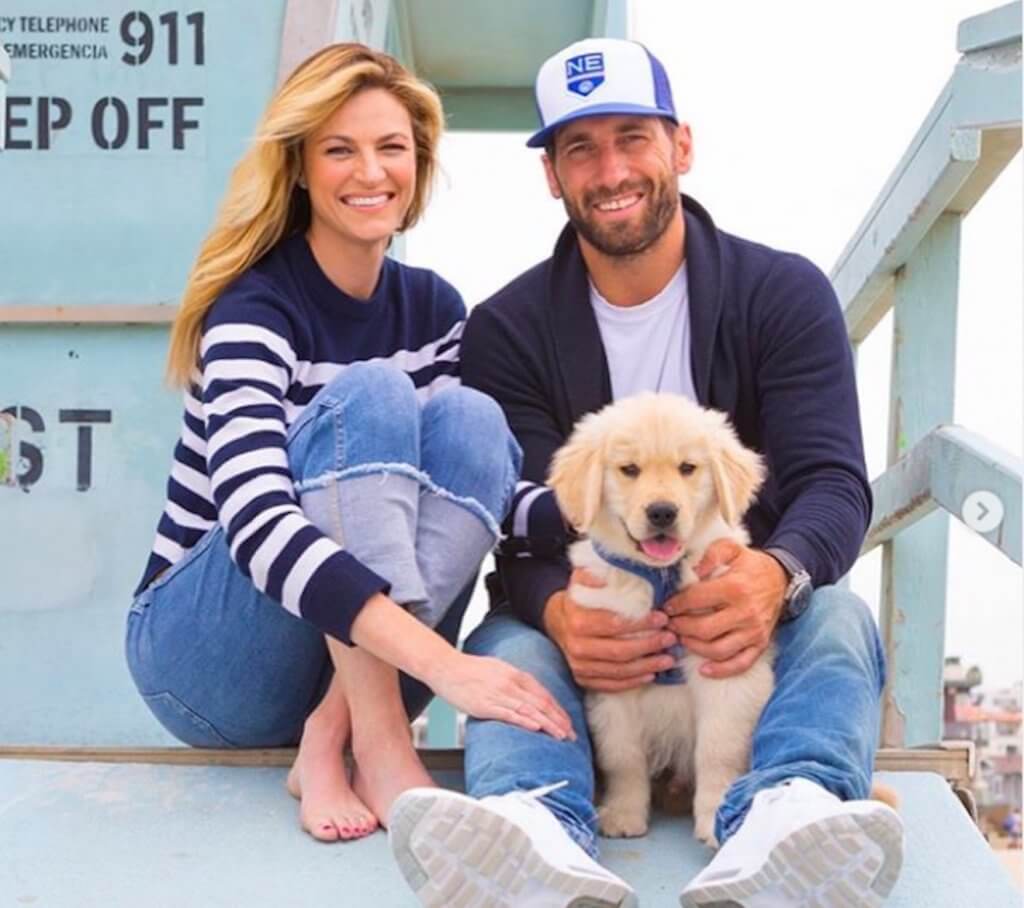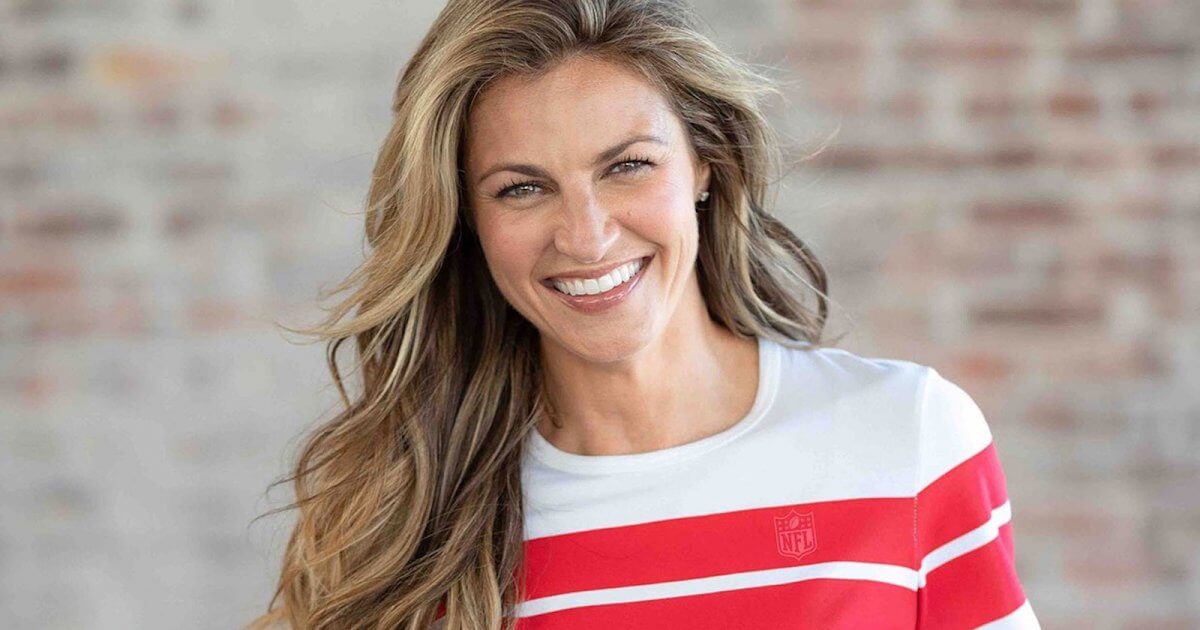Andrews Opens Up
- In an essay published on Bulletin, sports reporter Erin Andrews opens up about her struggles with fertility and IVF treatments.
- In 2016, Andrews was diagnosed with cervical cancer during a routine screening; she treated her cancer with surgery.
- People fighting cancers that affect the reproductive system i.e., testicular cancer, ovarian cancer, cervical cancer may consider freezing their sperm or their eggs if they wish to have a family, as some cancer treatments damage fertility.
In an essay posted to Bulletin and titled “My seventh time doing IVF, I am not keeping it a secret anymore,” Andrews bravely outlines the struggles she’s faced with fertility, as she and her husband, NHL player Jarret Stoll, try to conceive.
Read More
She continues, “I work in an industry where I think women feel the need to keep things like this quiet. But no, there are so many other women who may put their careers on the back burner because they don’t want to miss out on any opportunities. It’s so common that people are starting families late and put so many other aspects of their lives on hold.”
Andrews said that she spoke with her producers and told them that she’d be late to work, due to daily fertility appointments. “I am thankful I did it,” she says of sharing the news with her colleagues. “They encouraged me to be open about it because this is real life. It’s not like I’m leaving to go take a hot yoga class, I’m trying to have a baby. I am not ashamed, and I want to be vocal and honest about this.”

Endearingly, Andrews shares how she gave herself a pep talk and likened her battle to Tom Brady’s in his profession. Brady, an outlier, led his team to victory long after the age that many professional athletes retire. She writes, “So, as I sat there in that waiting room last week, I gave myself a Tom Brady pep talk! I was like, ‘You’re 43, you’re giving this a shot!’ Everyone said his arm was dead. Everyone said he couldn’t be on a new team and win a championship, and look what happened! Anything is possible, why not us?”
Andrews’s Cervical Cancer Battle
Andrews was 38 when doctors detected cervical cancer during a routine pap screening in 2016. Since she was diagnosed, Andrews has been a vocal advocate for women to stay current on their cancer screenings. To treat her cancer, Andrews had two surgeries. Prior to surgery, she had In Vitro Fertilization (IVF) to preserve her fertility.
Cervical cancer is detected via a pap smear test, which looks for early signs of cervical cancer. Nurse Practitioner Barbara Dehn explains in a previous interview, "Many women think that a Pap smear checks for ovarian cancer, but it doesn't. Pap smears detect only cervical cancer, not all gynecologic cancers. In fact, there is no test that detects ovarian cancer in its earliest stages, which is why two-thirds to three-quarters of women are diagnosed at a later stage, when the disease has spread to nearby tissues and organs."
Every year in the U.S., approximately 14,480 women will be diagnosed with cervical cancer. And nearly a third of women diagnosed will pass away from this disease. Getting pap smears to detect for cervical cancer is critically important because an earlier diagnosis may mean a better prognosis and broader treatment options. Cervical cancer treatments may include surgery, radiation, and chemotherapy.
IVF For Cancer Fighters & Survivors
Many people fighting cancers that affect reproductive parts (i.e. cervical cancer, ovarian cancer, testicular cancer), chose to freeze their eggs or their sperm as a way to preserve their fertility prior to cancer treatment. Some cancer treatments can damage fertility, so it’s a preventative measure for people who may want to have children.
In a previous interview, Dr. Jaime Knopman, a reproductive endocrinologist at CCRM NY, says that time is of the essence when it comes to fertility conversations with your doctor. She says, “The sooner we start, the sooner that patient can then go on and do their treatment. A lot of the success comes down to how old you are at the time you froze and the quality of the lab in which your eggs or embryos are frozen in."
"Oftentimes, we just do what we call a 'fast start,'” says Dr. Knopman. “We start them no matter where they are in their menstrual cycle. Because of that, it can sometimes take a bit longer than it would for traditional IVF stimulation. But all in, you're never really talking about more than two weeks."
Fertility Preservation After a Cancer Diagnosis
Learn more about SurvivorNet's rigorous medical review process.


